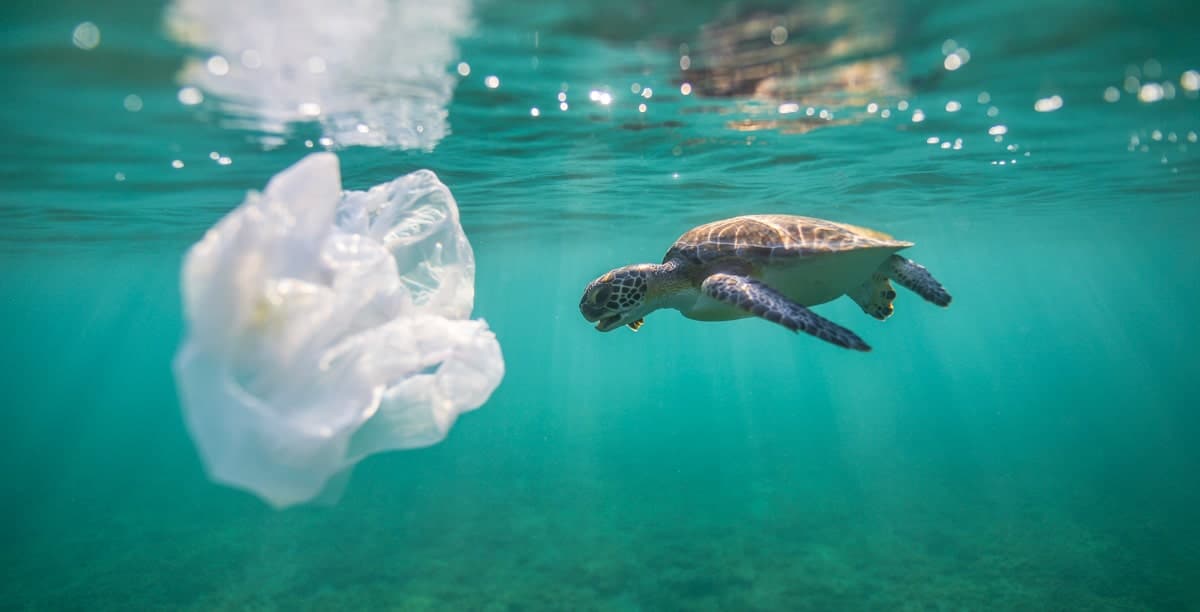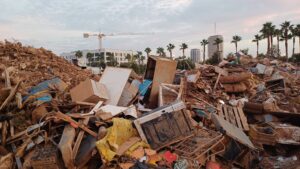I’d like to start this conversation by posing a question: How many of us can confidently say that we haven’t used any form of plastic in the past week? The reality is, in today’s world, plastics have become an integral part of our daily lives. From the phones we use to the food we consume and the cosmetics we apply, plastics are omnipresent, serving as the backbone of many industries.
However, amidst the convenience and utility that plastics offer, there lies a pressing issue that demands our attention. Did you know that a staggering 14 million tons of plastic find their way into the ocean each year? What’s even more alarming is the fact that plastic takes around 500 years to decompose, and even then, it never truly disappears. Instead, it breaks down into smaller pieces known as microplastics, which have far-reaching consequences for marine life and, ultimately, for us.
The detrimental impact of plastics on marine ecosystems is undeniable. Sea turtles are choking on plastics and garbage, coral reefs are deteriorating, and a significant percentage of dolphin and whale species are affected. Even the smallest organisms in the ocean, such as plankton, are not spared from ingesting microplastics, which subsequently find their way into our food chain.
Moreover, the environmental repercussions extend beyond marine habitats. Plastics contribute to climate change through the emission of greenhouse gases during production, use, and disposal processes. Open burning of plastics releases toxic chemicals and black carbon into the air, leading to air pollution and adverse health effects in humans.
Perhaps the most concerning aspect is the projected increase in plastic production. It is estimated that four times more plastic will be produced between now and the middle of the century than has been produced in all of history. By 2050, there may be more plastic than fish in the ocean, a stark reminder of the urgent need for action.
In conclusion, each of us has a role to play in addressing the plastic predicament. By reducing our consumption of single-use plastics, raising awareness about mindful consumption, and advocating for sustainable practices, we can collectively mitigate the impact of plastics on our planet. Let’s make conscious choices today for a healthier and more sustainable tomorrow.







